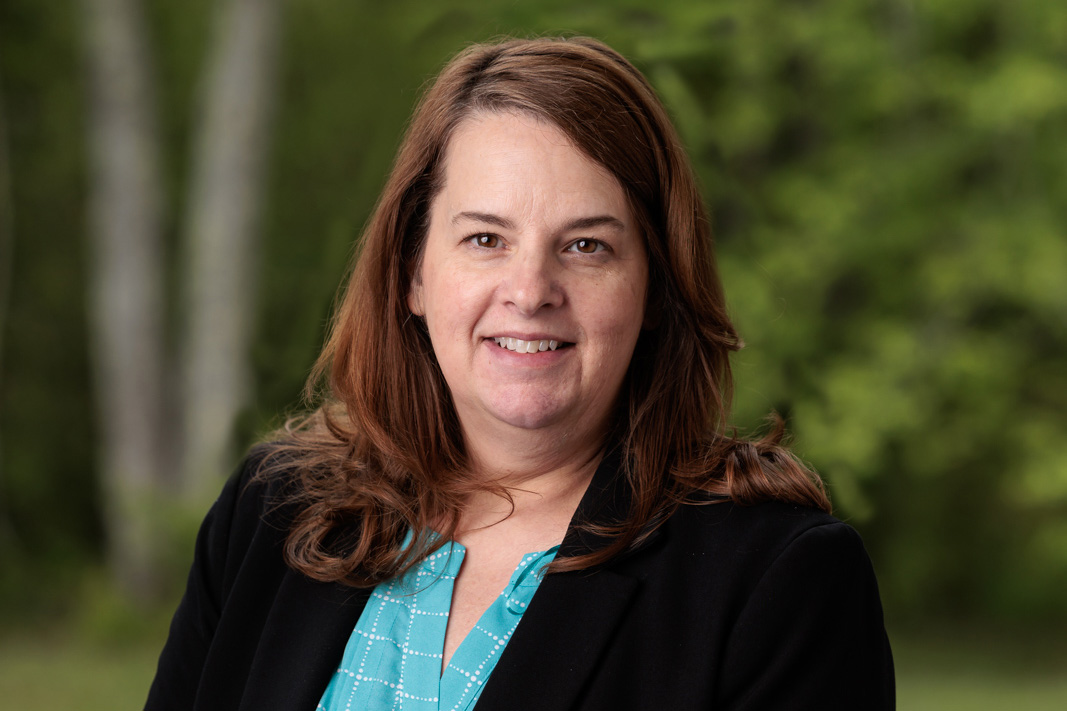
What does “success” for rural communities/schools look like for you?
To me, success for rural communities and schools means each and every child has access to opportunities and resources that build on their abilities and skills to help them flourish and thrive.
What is something from your own education that has made a lasting impact? Did this lead you to do the work that you do?
My eighth-grade math teacher made a huge impact on how I viewed my mathematical capabilities and ultimately led me to the finance and accounting path. I had strong math skills that were not fostered by other teachers, and Mr. Smith encouraged me and gave me space to learn and grow in a space not traditionally welcoming to female students.
What is the key to building strong partnerships?
A key to building strong partnerships is the ability of the partners to work toward creating resilient relationships. When the partnership experiences adversity in any form, it is essential that the partners have open dialogue to realign the work and continue progress toward improving outcomes.
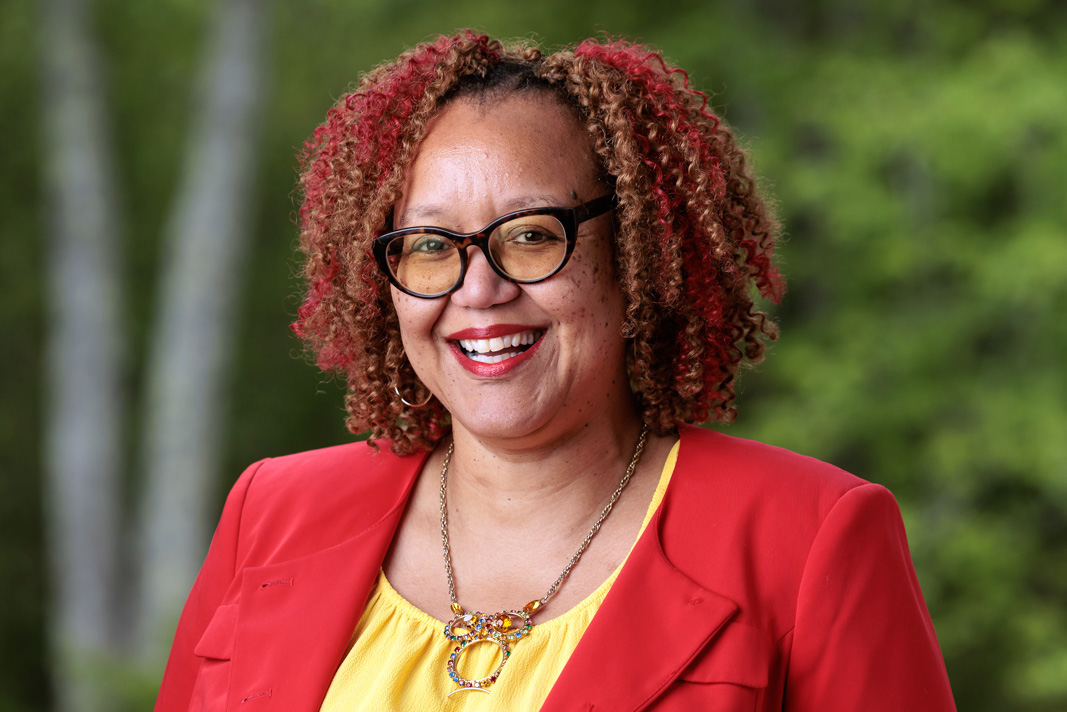
What does “success” for rural communities/schools look like for you?
Success for rural communities and schools is having funding for rural areas. It means, not having to divide funding sources amongst rural vs, urban, but actually investing in rural places (as well as investing in urban too). In other words, not competing for funds, but investing in areas in which we all should care about. Success also means, having a rural agenda where people understand that in order to have a better quality of life for those living in rural places, decision makers, and funders need to become educated about rural areas. Education is the key to investing in better communities.
What is something from your own education that has made a lasting impact? Did this lead you to do the work that you do?
Racism from a high school counselor who said I was not college material has made a lasting impact on me. I really hate to acknowledge that, but her hatefulness, fueled me. My mother taught me that when someone tells you, you are not worthy, you cannot do something that is in the best interest to advance me educationally, then you show them. As my pastor says, “I can show you better than I can tell you.” I know it was racism on her part, because how she spoke to me and the black students, she was the counselor over. She never encouraged us to go to college. Anyhow, by her actions, I took to heart that every person that society casts aside due to race and class, I am going to be there to uplift them and show them that, yes we can DO and WE WILL!
What problem do you want to solve?
I’d love to say racism and homelessness are the issues I would solve, but I think that is not a possibility. However, I NEVER lose hope. As a first world nation, why do we have homelessness? It’s because we as a nation do not care about the issues and as long as it doesn’t impact the individual, their families, then that is someone else’s problem. I wish I could win the big million, and billion dollar lotteries because I would at least give to help mental illness; try and solve homelessness, provide jobs so people can have better qualities of life. As for racism, I would hope that the kindness I give back in the world would show those who don’t like me (and others) because of the color of my skin, that I am a good person and don’t judge on my skin color (judge by my heart)!
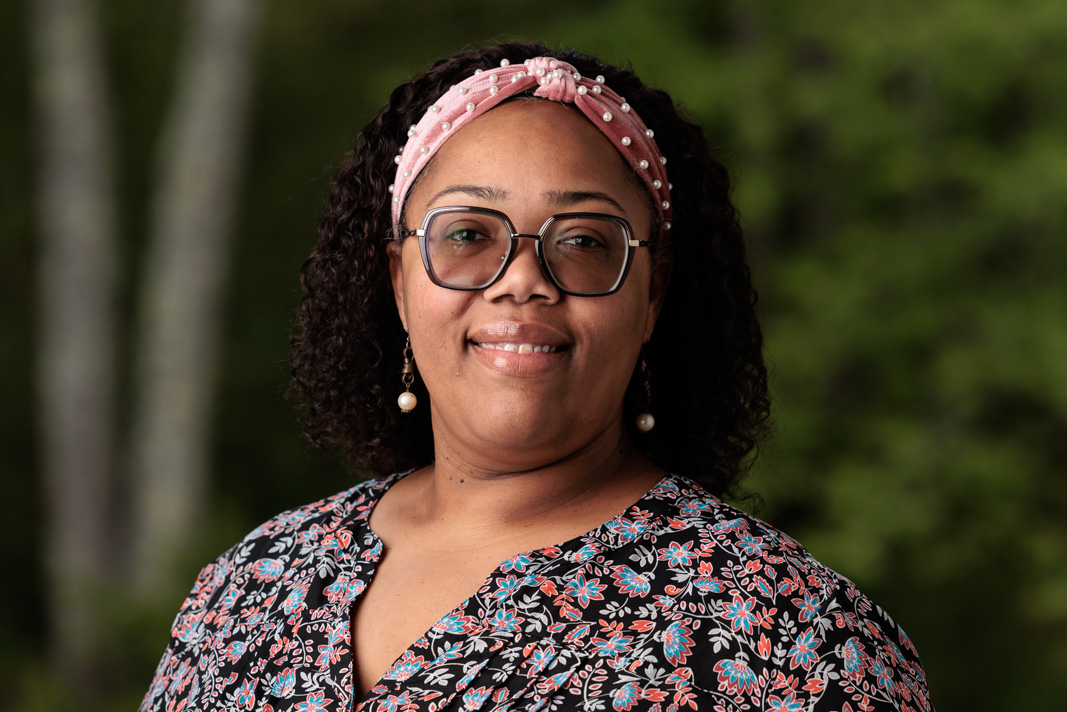
What is the key to building strong partnerships?
The key to building strong partnerships is building relationships and keeping the result at the center of the work. We are aligned around a result and we keep that first we are able to connect intentionally and have a greater impact. It is all about being “with” each other rather than building a partnership that does “to” or “for” each other.
What is something from your own education that has made a lasting impact? Did this lead you to do the work that you do?
I had a ninth-grade honors math teacher who looked like me tell me I didn’t belong in that class. This hit me in my heart. My first black teacher and she didn’t wrap her arms around me to support my growth. I was determined from that point to prove her wrong. I went on to graduate High School and College top of my class. I ran into her the last semester of my Senior year in college and I was able to tell her, look I made it and not only did I finish high school but was on my way to graduate school on scholarship. My goal was to step into education and walk the walk differently and be there for students especially those that looked like me. Through this experience, I learned to focus on the principal Kujichagulia which means self-determination. I had to make up my own mind to set and accomplish goals. It is my hope that as I work across communities, I can inspire others do the same.
What problem do you want to solve?
I don’t necessarily have a problem I want to solve but I want to bring attention to the needs of black, brown, and indigenous communities that are rooted in rural places. Often times their voices are left out of the “rural” conversation and when the population size is small they can become invisible unless you are in a rural space that is majority black or brown. We need to be thinking about the “whole” of rural places and ensure “all” means “all.”
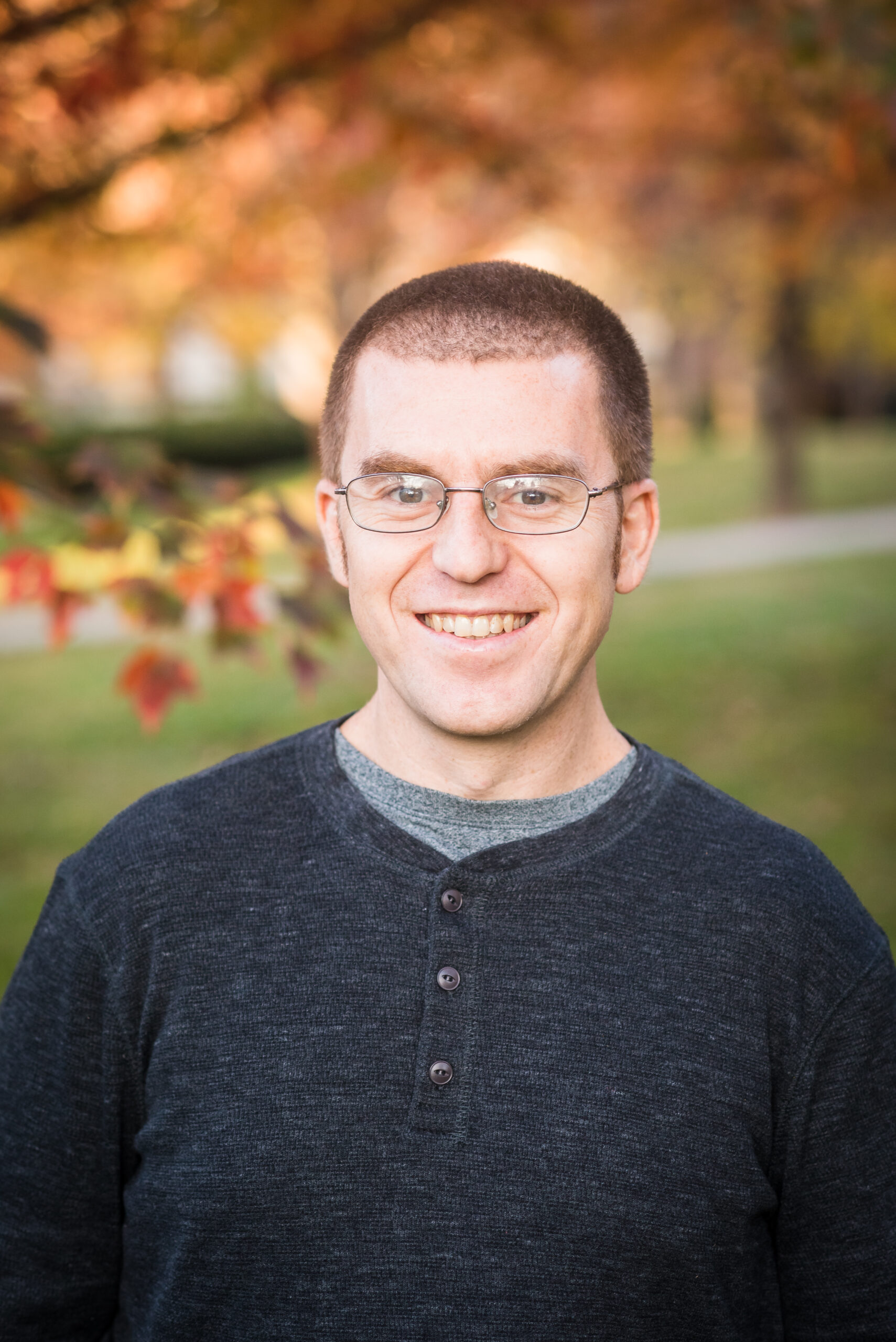
Garver grew up in rural Ohio and understands the challenges children and families are facing day to day. He graduated first in his class from Berea College with a teaching degree and went on to earn a master’s degree.
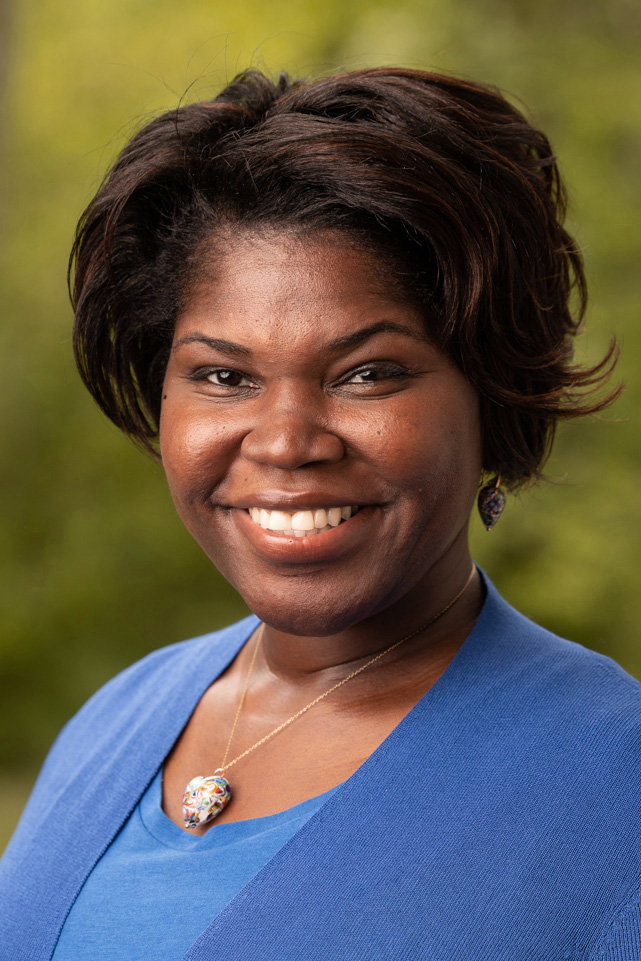
What is something from your own education that has made a lasting impact? Did this lead you to do the work that do?
As a first-generation student, I understand the value of education and having caring adults in your life to encourage you along your educational journey. My family, teachers, and community were my Village supporters who invested in my academic and character development. Their presence and modeling during pivotal points in my educational experience were a part of my motivation to lead a life of service to others.
The work that I do is driven by my passion for equal access and opportunity to high-quality education for every student so that every child, regardless of geography or demographics, can attain success and pay it forward for the next generation.
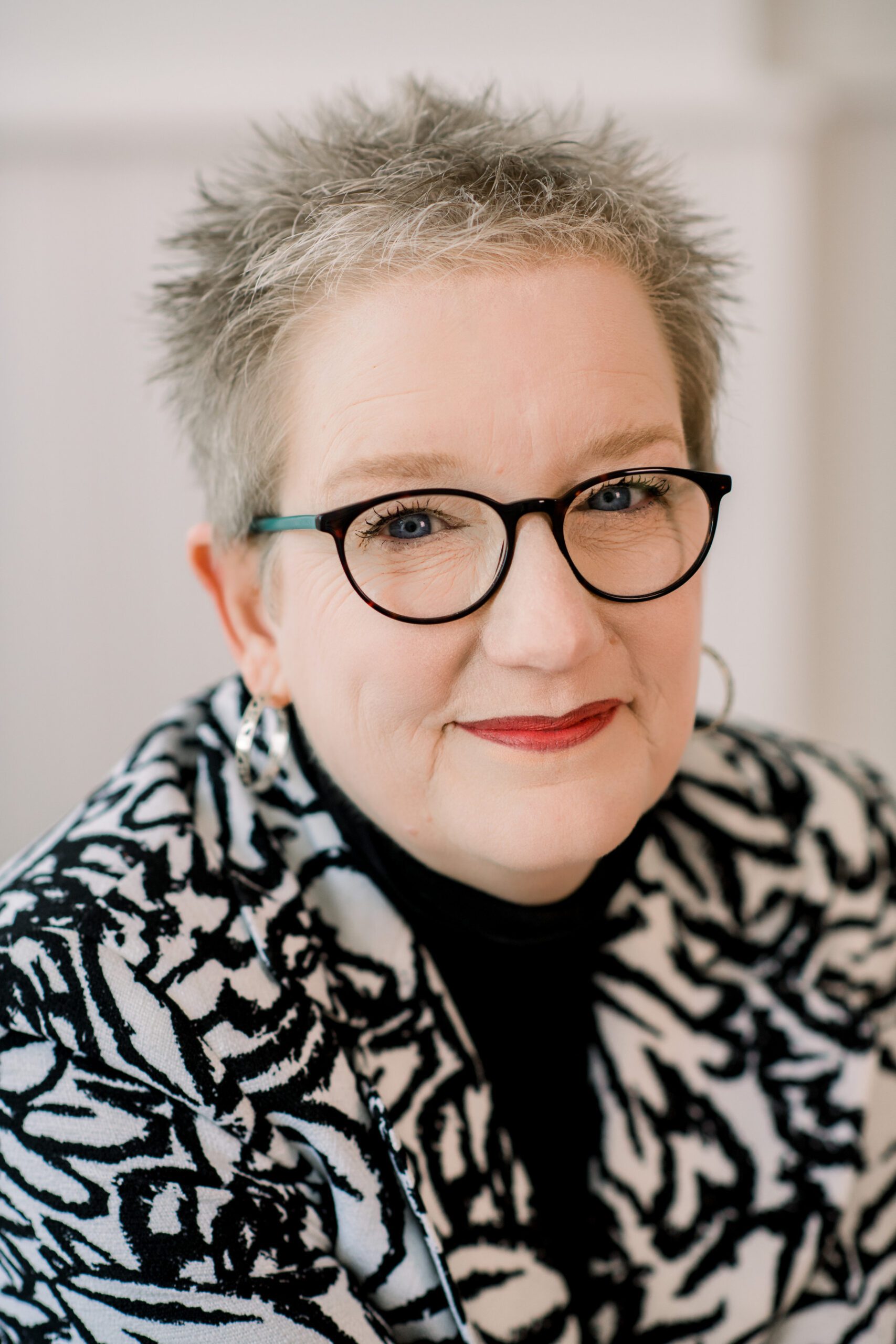
Rodgers has lived and worked most of her life in rural places, including her native Mississippi and adopted Kentucky. She has more than 30 years of experience working with nonprofits and schools of every size. For the last 25 years, her work has focused mostly on building the capacity of organizations in rural Kentucky and the nation through federal funding. She has a bachelor’s degree in business and industry from Mississippi State University and holds the national Grant Professional Certification credential (GPC). In 2021, she was inducted into the Grant Professionals Class of Distinguished Fellows for her lifetime of service to the profession.
What does “success” for rural communities/schools look like for you?
Years ago, I worked with some rural high schools to address a local problem for a small group of students—students who had dropped out. At the time, I remember thinking we would never get that grant funded. We were only serving 100 kids in tiny towns no one had ever heard of. No funder wants to fund something so small, with such limited impact. But then I realized how transformational “saving” 100 youth could be, and we leaned into our smallness, our targeted focus. It became the mantra of our proposal; providing support for even one student would/could/did make a difference. That’s success for me: helping communities identify a local challenge then working with the community to find the right tools to address it.
What does “rural” mean to you?
Rural to me is the annual BBQ at the Martin, Mississippi volunteer fire department where my cousin—who was also my high school math teacher for four years—brought the best chocolate pies to auction off. On BBQ days, nearly the entire unincorporated town of 300 gathered for food and fellowship. It’s where my nieces entertained the crowd with their clogging skills on the back of a flatbed outside our 100-year-old store. And where my own children learned to be kind, caring, and a bit independent. Today, as a more mature adult who travels back several times a year, I see the challenges. Abandoned mobile homes. Schools with few resources. Educational programs not aligned to the needs of a depressed workforce—the same economic shifts that brought us to Kentucky in 1998 (plant closure). These are two sides of the same coin, both the joy and gloom of living in a rural place.
What problem do you want to solve?
I am inspired by a phrase in our work: ensuring a choice-filled life for rural children and youth. Absolutely, we work toward upward mobility for rural youth. But along our cradle-to-career journey, we cannot forget the power of aspiration and equity—the drivers of hope and strategic, aligned support. Our movement will help others see our communities as the powerful places they can be and our children and youth as the future for investment. We will change the thinking around what rural is and can be, and in doing so, we will indeed move the needle for our children, youth, and families.
© 2024 Partners for Rural Impact